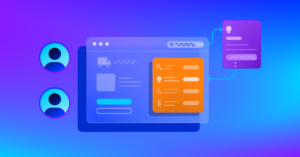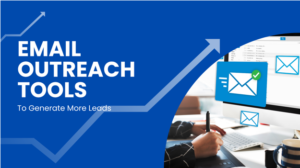![How to Boost a Post on Social Media [Instagram, Facebook, and Twitter]](https://www.liveseo.com/wp-content/uploads/2022/02/How-to-Boost-a-Post-on-Social-Media-Instagram-Facebook.jpgkeepProtocol.jpeg)
In the social media marketing world, marketers reminisce about the times when they could fill up on organic reach like our parents reflect on their college years with that old saying, “those were the good old days.”
As time has flown by, social media’s purge of organic reach flung marketers onto a rollercoaster ride trying to figure out how to boost a post for customers to actually see — which is a challenge when you’re up against so many competitor ads.
With almost 3 billion social media users today, millions of brands have promoted their content on these platforms for years. But the popularity of social media has flooded each platform with hoards of articles, photos, and videos, skyrocketing the supply of content while the demand for it has plateaued. This has lowered the amount of opportunities that brands can leverage to interact naturally with customers.
Needless to say, social media marketing is a pay-to-play strategy now. And one of the most effective ways to leverage paid social media advertising is by boosting your posts. So let’s talk about what post boosting is and how to do it across different platforms.
What does it mean to boost a post?
When you boost a post on social media, you pay social media platforms to amplify one of your existing post’s reach to your followers, a recommended audience, or a targeted audience. It’ll show up as a sponsored post on your audience’s feed.
How to Boost a Post on Social Media
1. Click the “Boost Post” button at the bottom of your post.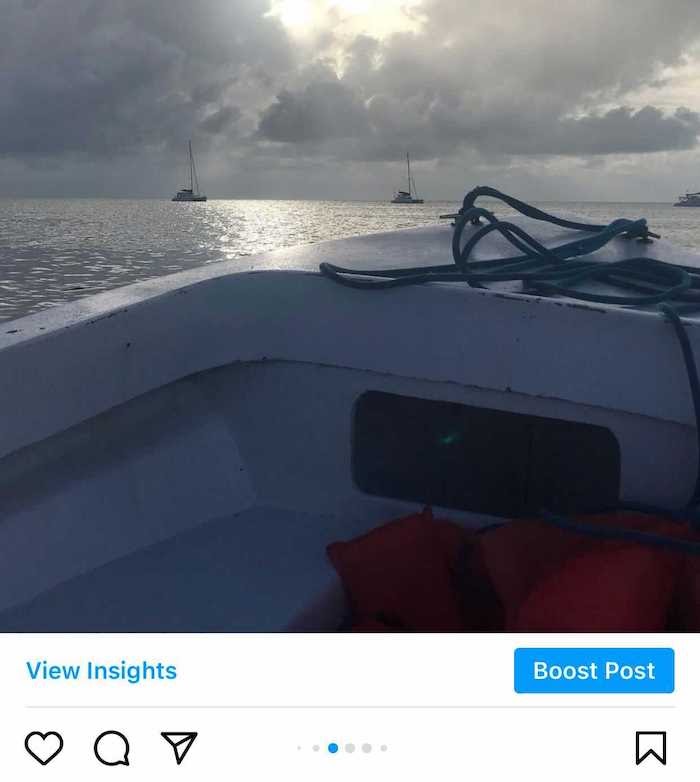
2. Select a goal.
Before you boost your post, Instagram will ask you whether you want to attract more profile visits, website traffic, or promotion views. Whatever your goal is for the specific post you want to boost, make sure you choose the option that best aligns with it.
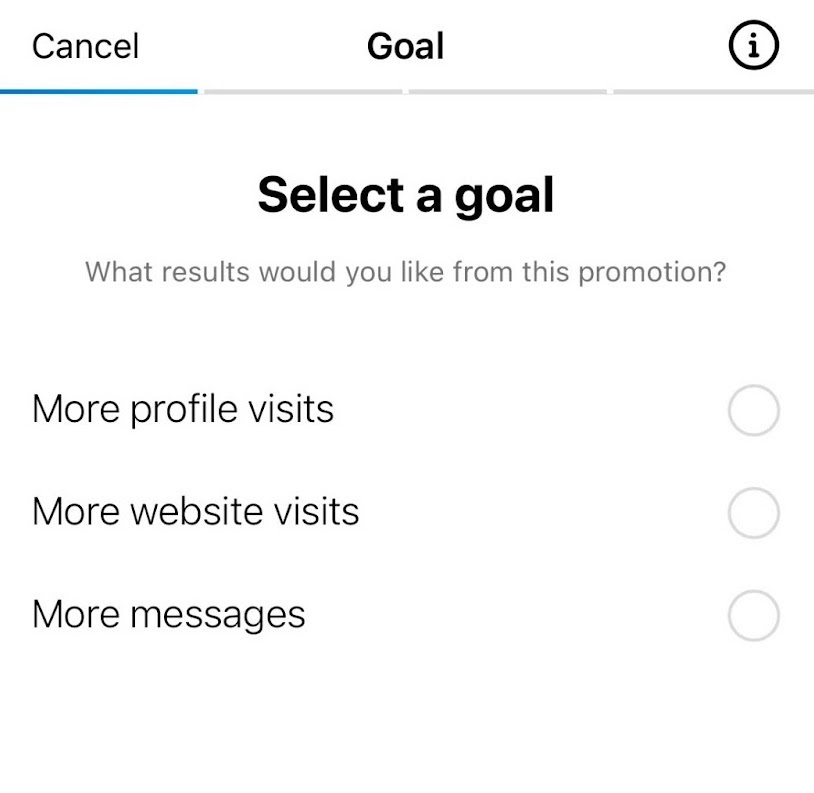
3. Choose an audience.
After choosing your goal, you can pick from three different targeting options: Automatic, Local, and Manual.
- Automatic tells Instagram to target people who are just like your followers.
- Local lets you target people in a specific location.
- Manual lets you target specific people, places, or interests.
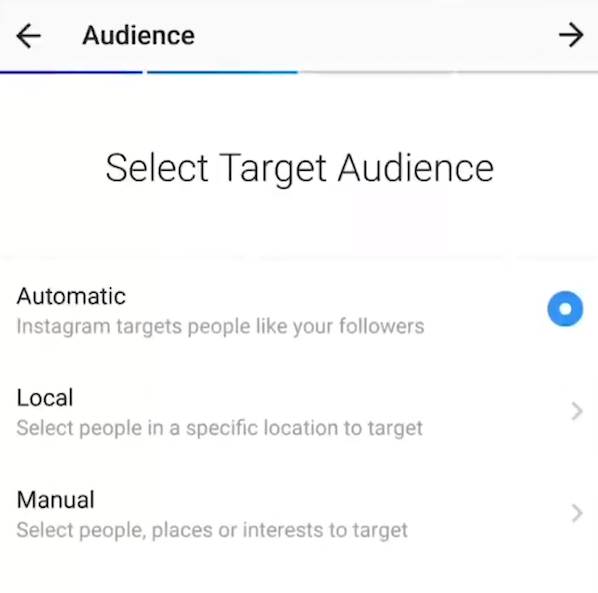
4. Set your budget and duration.
Instagram will estimate the expected reach and clicks that your post will attract after you set your post’s budget and ad duration.
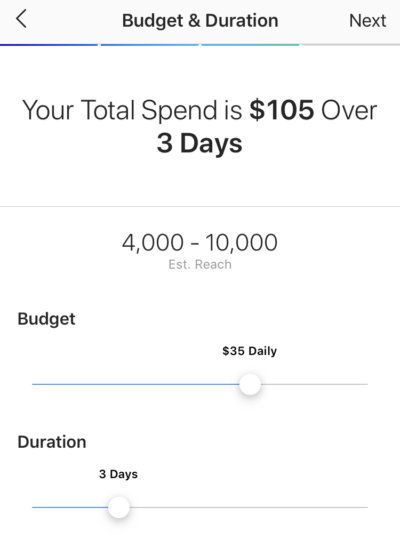
5. After review, boost your Instagram post.
After you’ve set your budget and duration, Instagram will prompt you to review the parameters you’ve set, and once you’re finished, you can boost your business’ Instagram post.
Next, let’s go over how to boost your post on Facebook.
1. Pick an existing post on your Facebook business page that you want to boost.
Log in to your Facebook business page and choose the pre-existing post you wish to promote.
2. Click “Boost Post” on the bottom right corner of your Facebook post.
3. Set a goal.
You need to determine the intention or goal of your ad, and Facebook offers several different options to choose from.
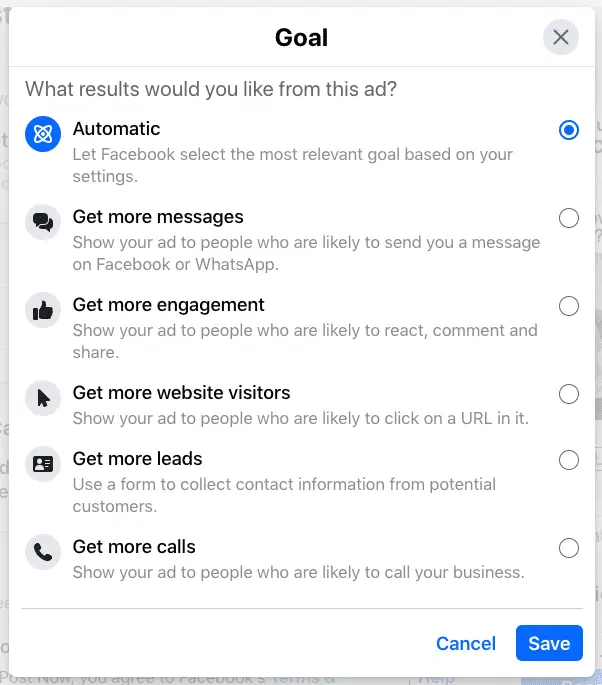
4. Choose your call-to-action.
This is what you want your audience to interact with and provide them with a way to engage with your business.
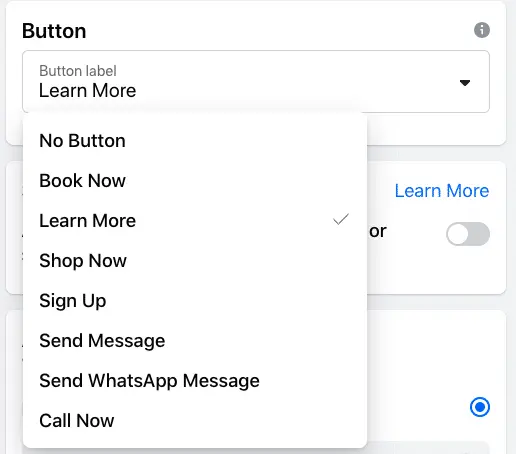
5. Choose your detailed targeting.
Before you boost your Facebook post, you can either distribute your post to a recommended audience that Facebook will make for you or create a new audience based on a robust set of targeting options and distribute your post to them.
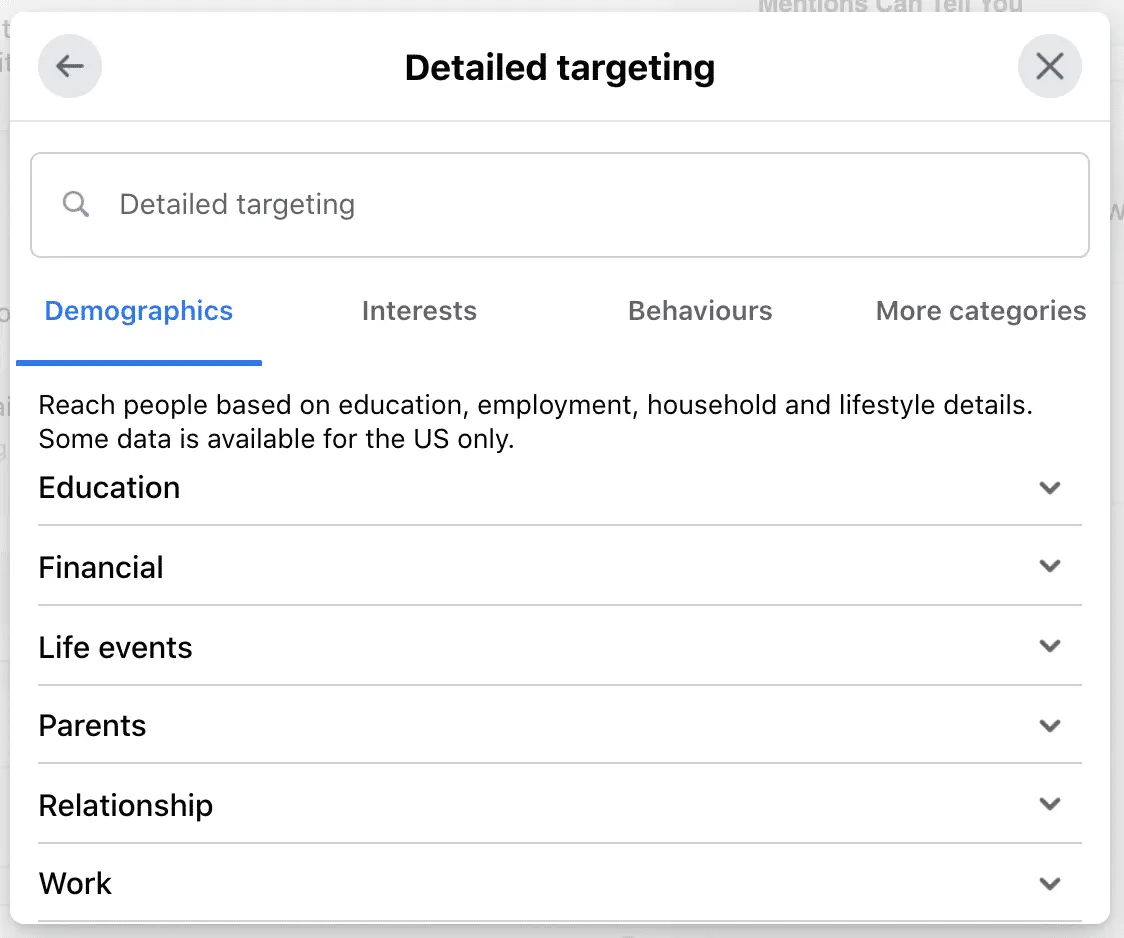
6. Set your boosted post’s budget and duration.
Your budget is how much money you’ll spend to boost your post, and your duration is how long you’ll boost your post for. Facebook will estimate how many people your post will reach based on your budget and duration.
7. Review and boost your Facebook post.
When you’ve gone over the parameters set for the ad, click “Boost” and you’ve successfully boosted your Facebook post.
But if you followed these steps to boost your post and ran into an “Error”, there are a few reasons why.
Why can’t I boost my Facebook post?
If you find yourself unable to boost your Facebook post, the post may go against Facebook’s advertising policies page.
Here are two of the most common explanations:
- Your post includes language alluding to “personal attributes” like race, gender, sexual orientation, religion of specific groups of people.
- Your post makes assumptions about the person reading with phrases such as “Are you…” or “… in your area.”
Now that you know how to effectively boost a Facebook post, when should you do it?
When to Boost a Facebook Post
Even though there’s not an exact science to boosting posts, there’s a couple indicators to follow.
Oftentimes, Facebook will actually notify you to boost your post on your business page. When this happens, it’s in your best interest to do so, as it will push you to reach a more broad audience than you currently have.
But even if you aren’t directly notified, boosting a new post on Facebook will still yield increased engagement, but it’s not recommended to boost the same post more than seven days consecutively. You run the risk of making your audience bored or tired of your content.
Now let’s dive into how to boost your business’ Tweets.
1. Click “View Tweet Activity” at the bottom of your Tweet.
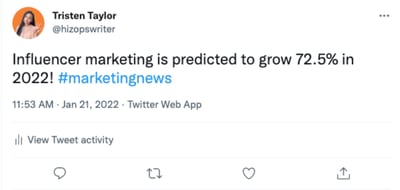
2. Click “Promote Your Tweet”. 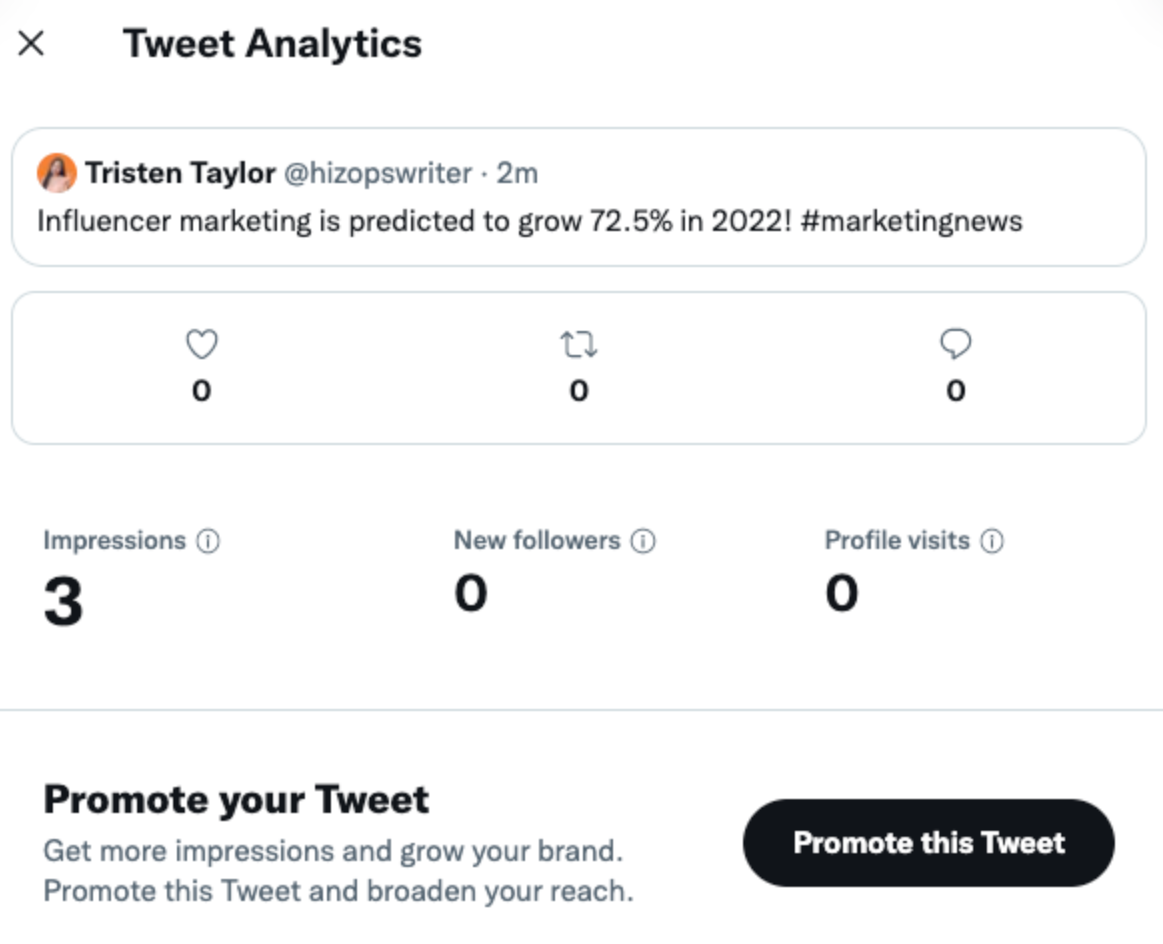
3. Determine your goal.
State the goal you’re boosting your Tweet for.
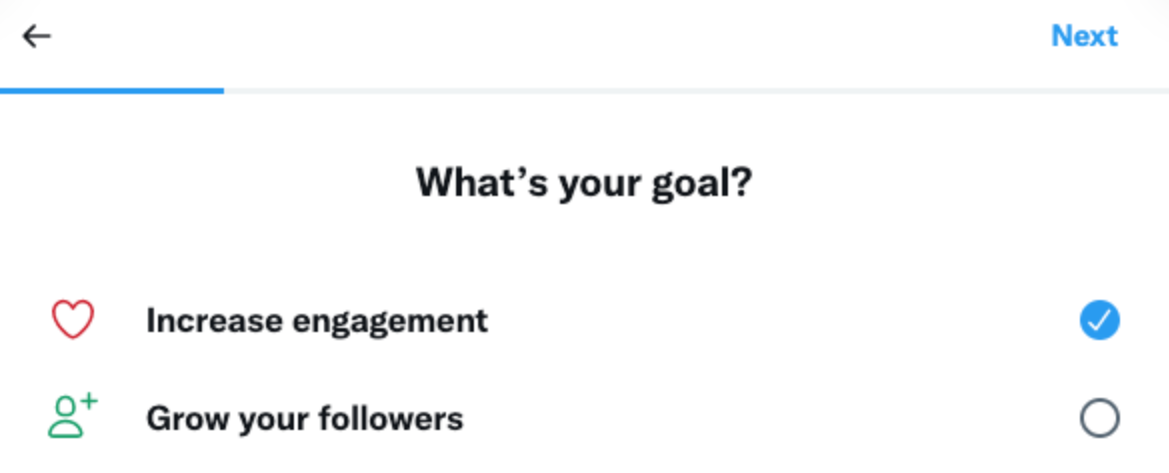
4. Customize your audience and targeting.
You can only target your audience based on:
- Location: Country, state/province/region, or metropolitan area
- Age: Ages 13 to 55+ years old
- Gender: Man, woman, or any identity
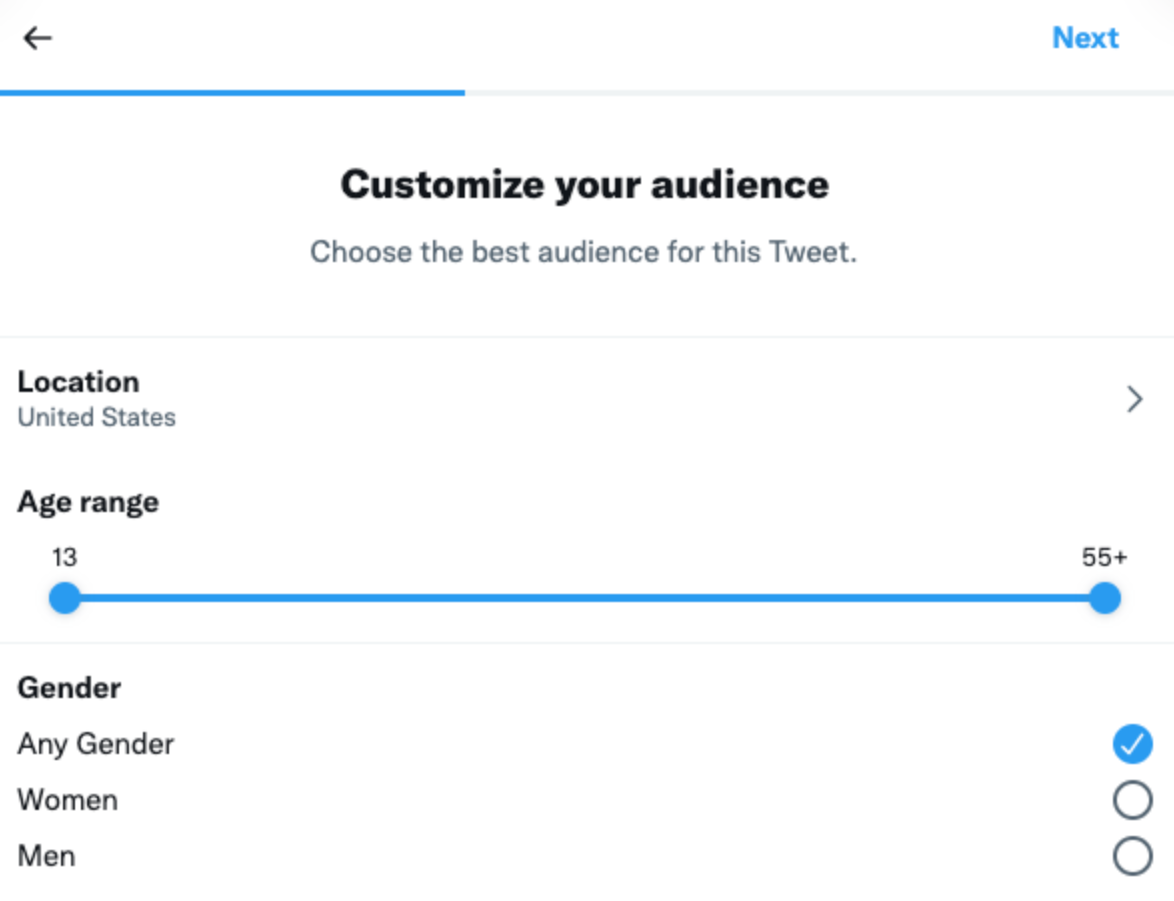
5. Set your budget.
After setting your budget, Twitter will estimate the amount of impressions and engagements your boosted Tweet will attract.
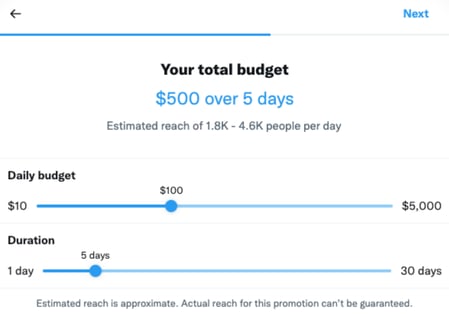
6. Review and create your promotion.
Twitter will then prompt you to review the parameters you’ve chosen, and once you’ve finished, you’re ready to create your promotion.
Now that you know how to boost your posts across different platforms, it’s time that we went over the benefits of boosting a social media post.
Why You Should Boost a Post
1. To reach your target demographic in a cost-effective way.
Boosting a post with parameters set to reach your target market, or people that fit your ideal buyer persona, saves you money from advertising to people who won’t derive value from the product or service you’re offering.
2. To increase brand awareness on a platform.
You can make your brand’s identity more well-known and recognizable with repetition coupled with engaging content. By boosting posts on social media platforms that your target audience frequents most, you can increase brand awareness.
3. To collect useful metrics to study for your marketing strategy.
For each post you boost, you can look at the metrics each platform will provide you in terms of traffic, engagement, and demographics reached. Use that information to study which posts performed the best, and build on those strengths for future marketing campaigns.
Give Your Content the Boost It Needs
Capturing the interests of your target audience may not be as easy as it used to be, but by using paid social media advertising like the boost feature, you’re increasing your chances of finding new clients. We hope this post gave you the information you needed to boost your social media ads to achieve your next business goals.
Editor’s note: This post was originally published in April 2019 and has been updated for comprehensiveness.

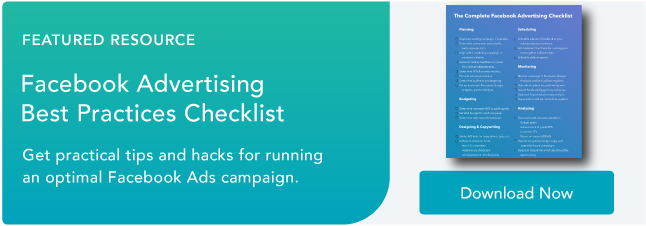

![HubSpot's 2025 State of Blogging Report [Data from 500+ Marketers]](https://www.liveseo.com/wp-content/uploads/2025/02/HubSpots-2025-State-of-Blogging-Report-Data-from-500-Marketers.webp-300x300.webp)
